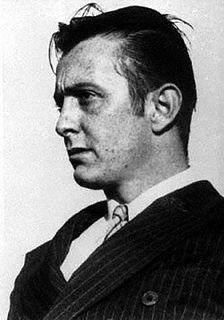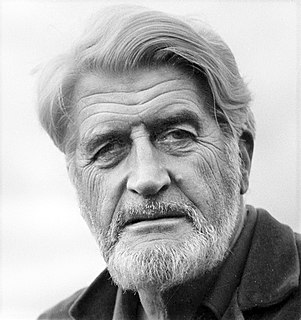A Quote by George Orwell
Related Quotes
Myths, as compared with folk tales, are usually in a special category of seriousness: they are believed to have "really happened,"or to have some exceptional significance in explaining certain features of life, such as ritual. Again, whereas folk tales simply interchange motifs and develop variants, myths show an odd tendency to stick together and build up bigger structures. We have creation myths, fall and flood myths, metamorphose and dying-god myths.
Beware of self-indulgence. The romance surrounding the writing profession carries several myths: that one must suffer in order to be creative; that one must be cantankerous and objectionable in order to be bright; that ego is paramount over skill; that one can rise to a level from which one can tell the reader to go to hell. These myths, if believed, can ruin you. If you believe you can make a living as a writer, you already have enough ego.
This is the mythosphere. It's made up of all the stories, theories and beliefs, legends, myths and hopes, that are generated here on Earth. As you can see, it's constantly growing and moving as people invent new tales to tell or find new things to believe. The older strands move out to become these spirals, where things tend to become quite crude and dangerous. They've hardened off, you see.
Myth is a tale once believed as truth; believed, it is not myth, but religion. A tale once religiously believed that has come to be called a myth is something of religion corrupted with disbelief. What are beliefs for some societies but myths for others cannot fill spiritual vacancies in the life of those others.
I have had the view that cutting wages is not the path to prosperity, and one of the great myths propagated about my attitude to industrial relations is that I believe in lower wages. I've never believed in lower wages. Never. Never believed in lower wages, I've never believed in lower wages as an economic instrument.







































